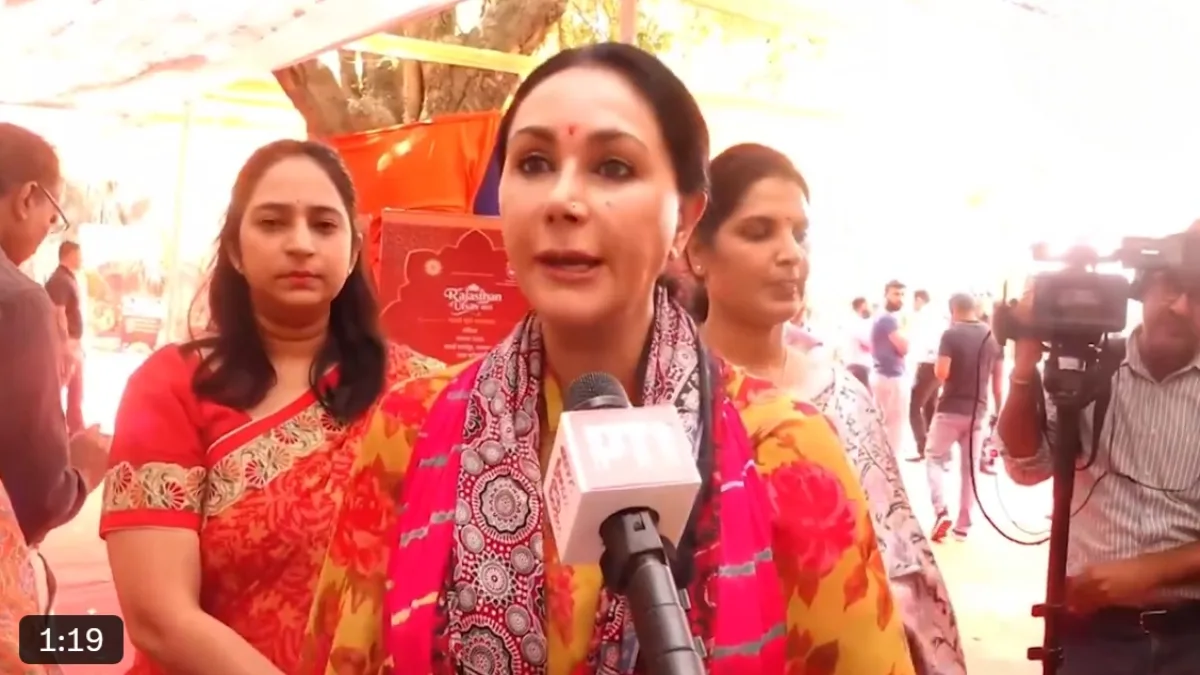
Rajasthan Deputy Chief Minister Diya Kumari has condemned remarks made in Parliament about the historical figure Rana Sanga, asserting that the comments were factually incorrect.
“He spoke incorrectly; he should not have spoken like this in the Parliament without knowing the facts. It is wrong,” she remarked, shedding light on the perceived bias of the Opposition parties.
Addressing the Opposition’s Narrative on Rana Sanga
Kumari emphasized that Rana Sanga was a formidable warrior who fought numerous battles, including against the invader Babar.
In her comments, she expressed disappointment over what she sees as a consistent pattern of the Opposition, particularly parties like the Congress and the Samajwadi Party, who focus on invaders while neglecting India’s native heroes. “This shows the mindset of the Opposition,” she stated, criticizing their portrayal of historical events.
Furthermore, Kumari argued that these parties fail to acknowledge India’s rich history and the legacies of its great personalities.
“They will talk only about invaders. They don’t talk about our own great personalities. When they were in power, there were no mentions of these figures in textbooks,” she insisted.
VIDEO | On the row over Rana Sanga, Rajasthan Deputy CM Diya Kumari (@KumariDiya) says, "He spoke incorrectly, he should not have spoken like this in the Parliament without knowing the facts. It is wrong. This shows the mindset of the Opposition. India has had many great… pic.twitter.com/Fge1DgNZlA
— Press Trust of India (@PTI_News) March 29, 2025
PM Modi’s Role in Changing Historical Narratives
Transitioning to a broader context, Kumari commended Prime Minister Modi’s efforts to rectify what she perceives as historical inaccuracies.
“This is changing now. PM Modi is addressing this anomaly; he is ensuring the change in the way history is taught,” she remarked. By referring to the National Education Policy (NEP), she highlighted steps being taken to include a wider spectrum of Indian history in educational curricula, aiming to foster a sense of national pride.
Kumari’s statements reflect a growing sentiment among several leaders in India about the need to redefine how history is taught in the country.
As she puts it, “It is being addressed in NEP,” conveying optimism for future generations to learn a more balanced and comprehensive history.
